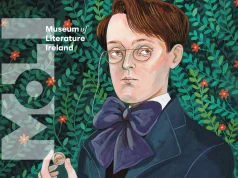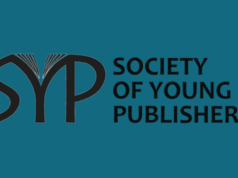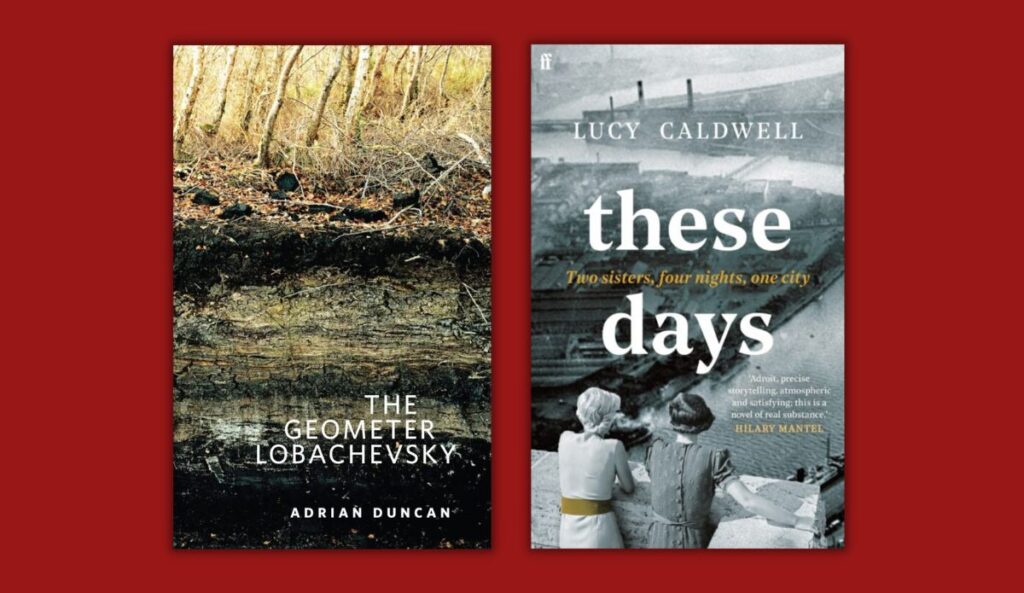
The Geometer Lobachevsky and These Days on the longlist for prestigious Walter Scott Prize
The Geometer Lobachevsky by Adrian Duncan (Lilliput Press/Tuskar Rock Press) and These Days, by Lucy Caldwell (Faber) are both on the longlist for the 2023 Walter Scott Prize for Historical Fiction
The historical fiction prize is worth £25,000, with each shortlisted author receiving €1,500. Previous Irish winners include Sebastian Barry for Days Without End in 2016. Last year’s prize was won by James Roberston, for News of the Dead.
The judging panel is chaired by Katie Grant, and includes Elizabeth Buccleuch, James Holloway, Elizabeth Laird, James Naughtie and Kirsty Wark.
The Geometer Lobachevsky, by Adrian Duncan (Lilliput Press/Tuskar Rock Press)
Told from the perspective of a mathematician, the eponymous narrator of the novel – the third from structural-engineer-turned-visual-artist-turned-writer, Adrian Duncan – is a Russian hired by an Irish state-owned company based in Kildare to measure land set for drainage in 1950s rural Ireland.
At its core is Lobachevsky’s attempts to understand his hosts — whom he scrutinises as if they were maths problems to be solved – and their culture, before receiving an ominous letter ordering him back to the USSR, at which point he quits the scene for the low-key safety afforded by an island in the Shannon Estuary.
‘One of the most important, original, and intriguing writers working now. This book is starkly moving, beautiful, sensual, and the way he writes landscape is so phenomenologically precise it makes every writer I know wish they could write like him.’ – Niamh Campbell, author of We Were Young, and This Happy
Listen to Adrian Duncan read the opening of the novel here
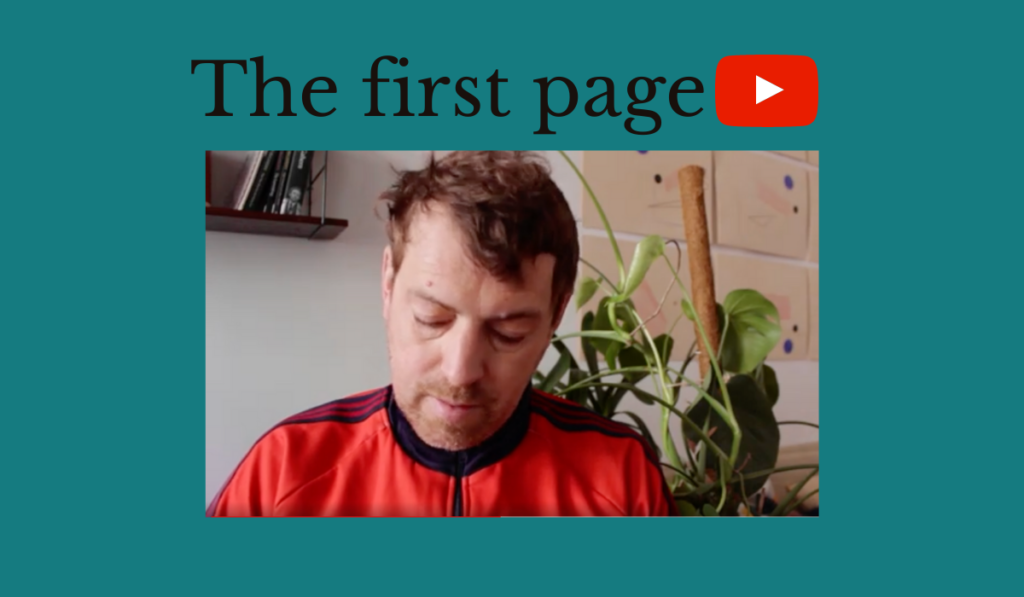
These Days, Lucy Caldwell (Faber)
Set against the 1941 Belfast Blitz, the novel tells the story of two sisters, Emma – “kind, stubborn, awkward” – and Audrey – “flighty, impulsive, earnest” – the latter engaged to a doctor whose sexual reticence is becoming a problem and the former falling passionately in love with a woman eleven years her senior.
With the surreal backdrop of wartime violence, and of course the nod to the violence that was to unfold in the city over the coming decades, Caldwell sets a novel about family, parenting, loss and love, even if that love – however real — remains always elusive.
This novel should be prescribed reading on the Irish curriculum
—Susan McKeever, Books Ireland
Find out what books Lucy Caldwell would save if her house was on fire, in our companion series to our popular podcast, Burning Books.
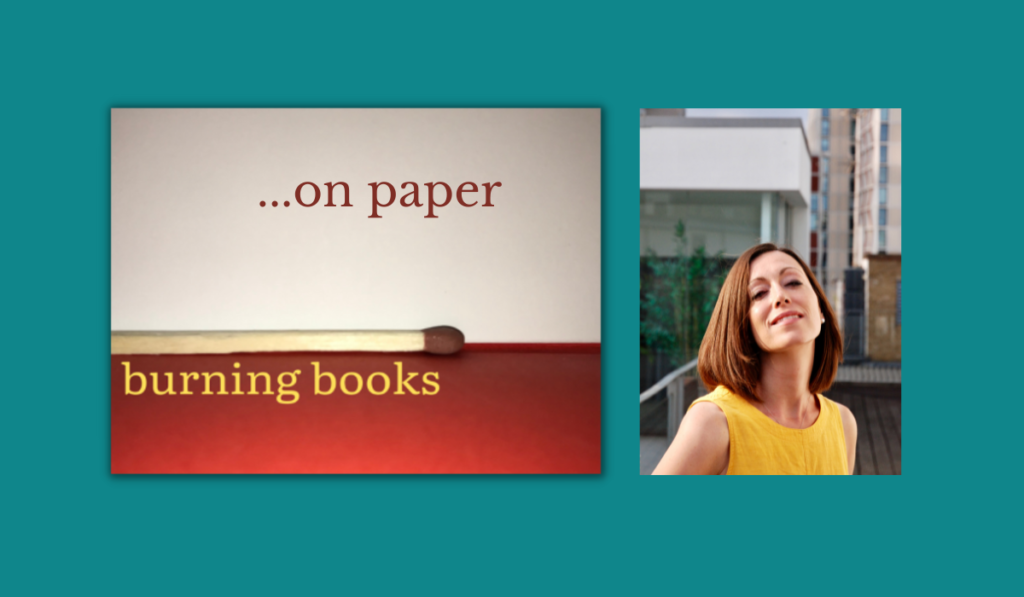
The shortlist for the Walter Scott Prize 2023 will be released later in the spring, with the winners announced at the Borders Book Festival in June.









